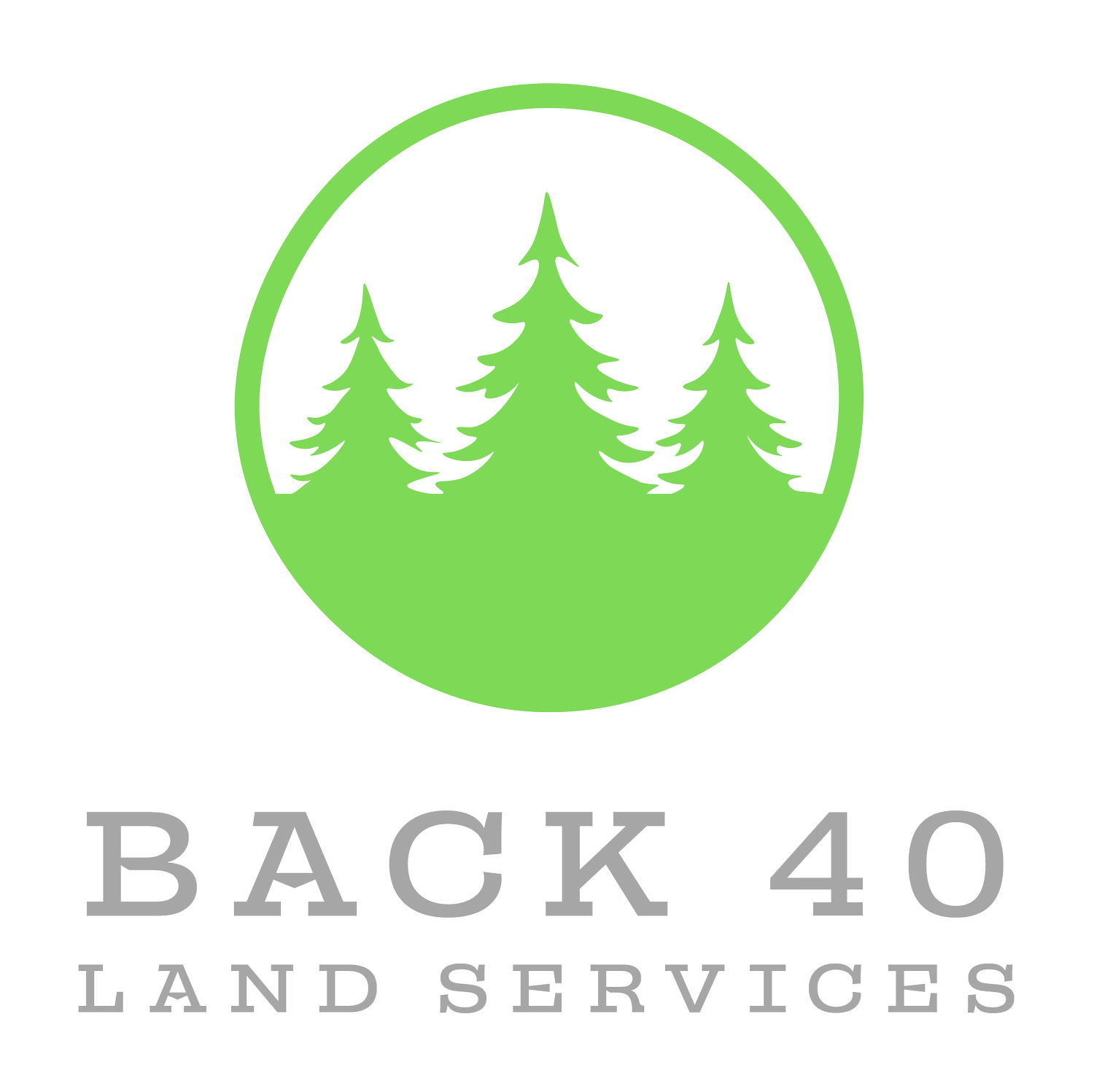The Economics of Turn-key Property Development
With the rising housing market, there has never been a better time to invest in property development. But with so many options available, it’s essential to know your options before investing. One popular option is turn-key property development. So what is turn-key property development, and why should you consider it? Let’s look at the economics of turn-key property development and explore its advantages.
What Is Turn-Key Property Development?
Turn-key property development is attractive for those wishing to invest in real estate without managing day-to-day operations and maintenance. In this model, the developer purchases a single piece of land, builds the project according to their specifications (or based on predetermined plans), and then rents or sells the final product. Essentially, they are creating a “turn-key” solution that allows investors to purchase completed projects from one source.
The Economics Of Turn-Key Property Development
The economics of turn-key property development are relatively straightforward. Investors pay for the initial cost of purchasing land and construction materials and reap the rewards when renting or selling their completed projects. This means that investors can often earn more money over time than if they had opted for another type of investment, such as stocks or bonds. Furthermore, because investors do not need to deal with tenants or handle maintenance tasks themselves, their workload is significantly reduced—allowing them to focus more on making strategic decisions about how best to develop their properties to maximize profits.
The Advantages Of Turn-Key Property Development
When it comes to investing in real estate, there are numerous advantages associated with opting for turn-key property development over traditional methods such as buying individual properties or managing rental units. Additionally, since developers are responsible for all aspects of construction, they have greater control over quality standards—ensuring that projects meet all safety codes and regulations while still being aesthetically pleasing and desirable for potential buyers/renters. Finally, because developers already possess ample financial resources from previous investments/projects, they can often get better deals on materials needed for construction—saving money in the long run while still producing quality end products that will attract customers/investors alike.
Turn-key property development offers many advantages over traditional methods of investing in real estate, from cost savings due to prebuilt plans and bulk material discounts to increased control over quality standards during construction. Furthermore, because developers handle all aspects of project management themselves (including tenant selection), investors have much less work on their plate—giving them more time and energy to focus on making strategic decisions about how best to develop their properties in order to maximize returns on investment. If you’re looking for an easy way into real estate investment without dealing with tenants or maintenance tasks, turn-key property development may be worth considering!
Back 40 Land Services
Back 40 Land Services is based in Tyler, Texas, and is the perfect partner for your next forestry mulching, excavation, or land clearing project. View a complete list of our services on our website to learn more.
Our company is built on communication, dedication, and transparency. This recipe has helped us positively impact the lives of people from a vast number of industries for over 20 years. With passion and creative problem-solving at the forefront of our business, Back 40 Land Services is the perfect partner for your next land enhancement project. Contact us today for a free, customized quote at 214-727-8531.
Our service area includes Tyler, Longview, Canton, Mineola, Jacksonville, Kilgore, Athens, Palestine, Pittsburg, Mt. Pleasant, Sulphur Springs, Winnsboro, and More


